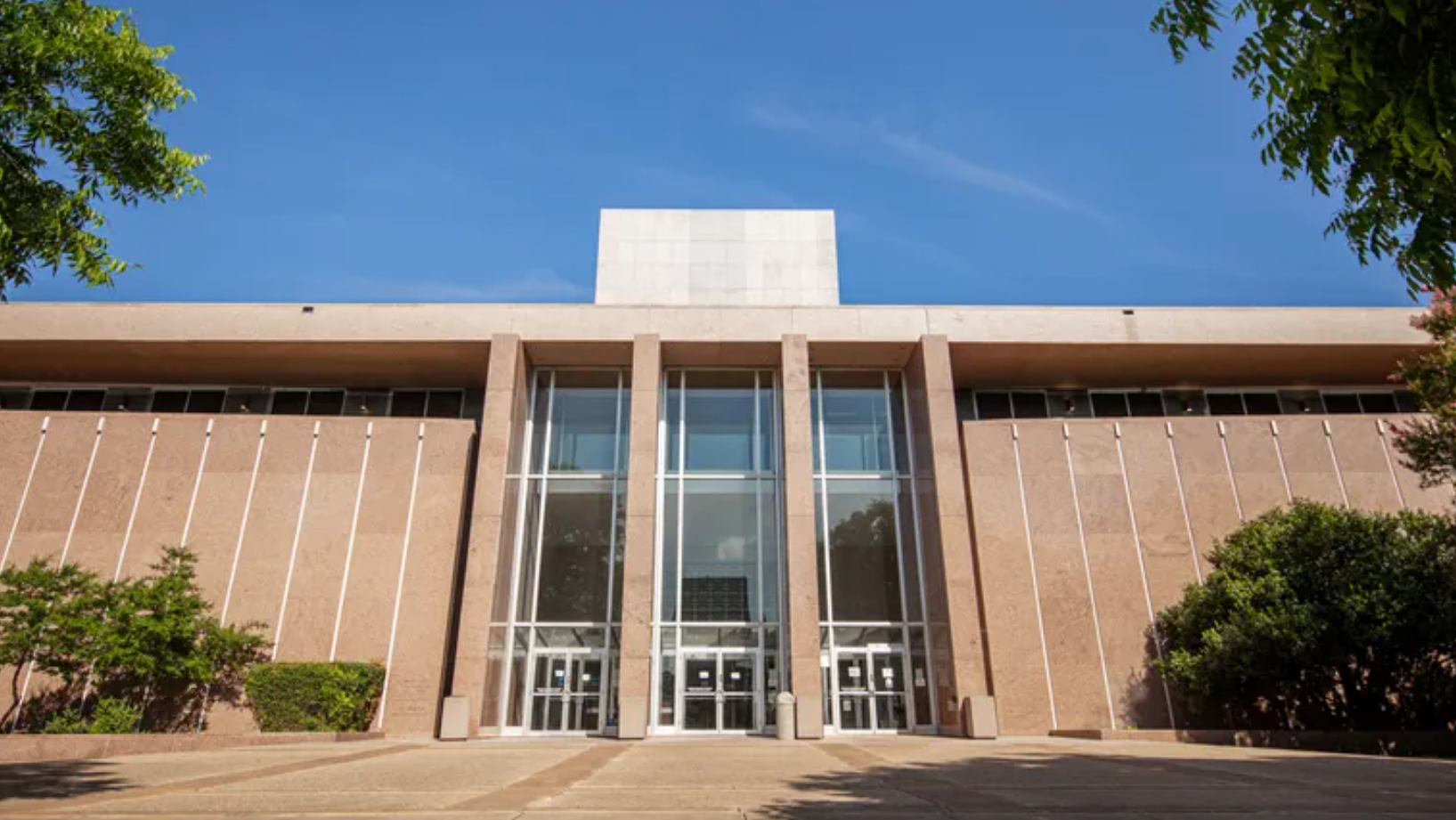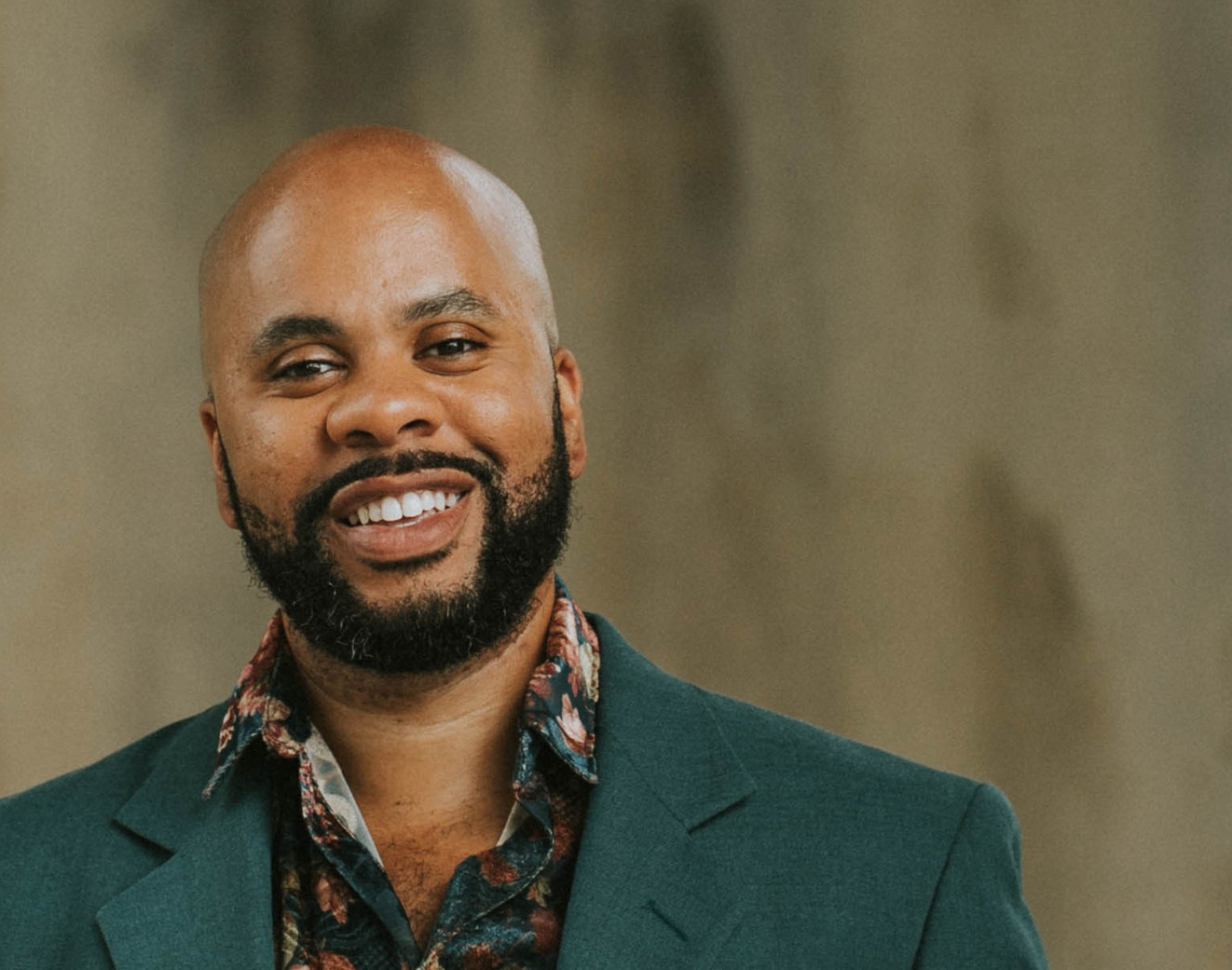URGENT UPDATE: The Texas Supreme Court has just opened the door for judges to refuse to perform same-sex wedding ceremonies based on personal religious beliefs. This controversial decision, announced on October 10, 2023, could have significant implications for the LGBTQ+ community in Texas.
Legal experts warn that this new addition to the judicial conduct code raises serious constitutional questions regarding equal protection under the law. The revised code states, “It is not a violation of these canons for a judge to publicly refrain from performing a wedding based upon a sincerely held religious belief.”
David Coale, a constitutional law attorney, emphasized that while this decision might not immediately restrict marriage access for same-sex couples, it could complicate their search for willing judges. “The fundamental right to get married includes same-sex couples,” Coale stated, referencing landmark rulings like Obergefell vs. Hodges.
As Texas leaders navigate this contentious issue, the timing is critical. The ruling comes amidst increasing scrutiny of LGBTQ+ rights in the state, with Governor Greg Abbott recently announcing the removal of political ideologies, including rainbow crosswalks that symbolize Pride.
Coale indicated that the impact of this ruling may unfold over time. “Are we really comfortable with that?” he questioned, highlighting the potential for discrimination under the guise of religious freedom.
The implications extend beyond Texas, as the U.S. Supreme Court is considering whether to hear challenges to same-sex marriage, including a case from Kentucky where a county clerk refused to issue marriage licenses based on her beliefs.
Next Steps: As the situation develops, advocates for LGBTQ+ rights are closely monitoring judicial actions in Texas, while concerned citizens are urged to consider the long-term effects of such rulings on fundamental rights. The urgency for ongoing dialogue and legal scrutiny has never been more apparent.
In an environment where LGBTQ+ rights are increasingly under threat, this ruling underscores the tension between personal beliefs and civil liberties. The call for equality remains louder than ever, as the community awaits further developments in this critical legal landscape.







